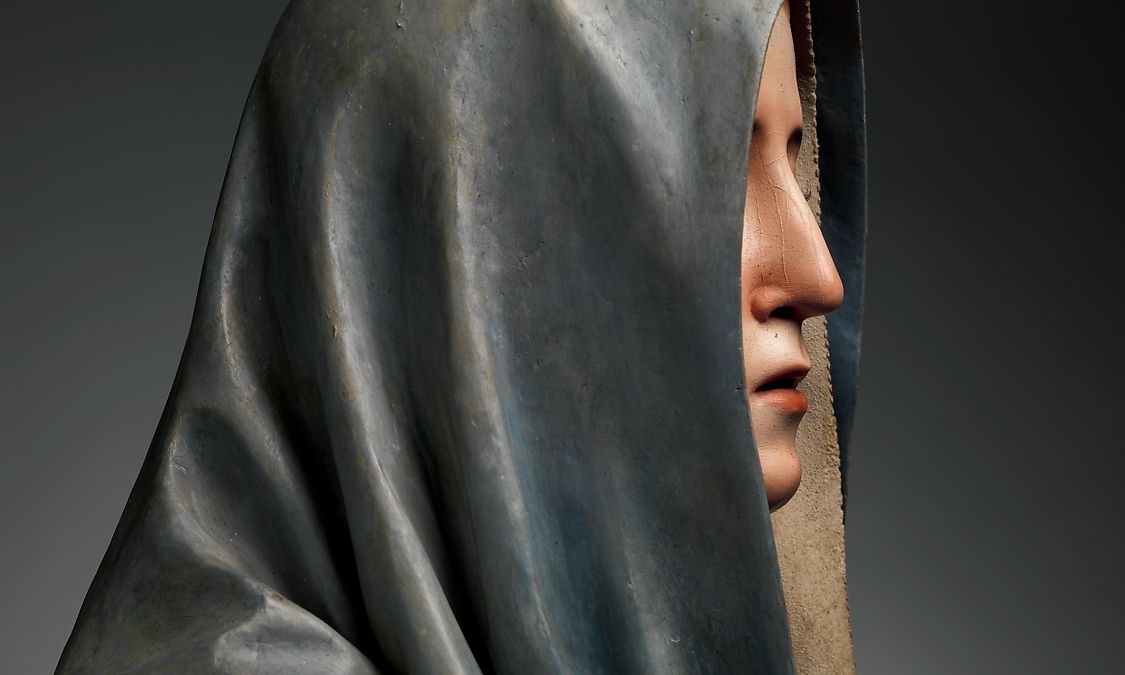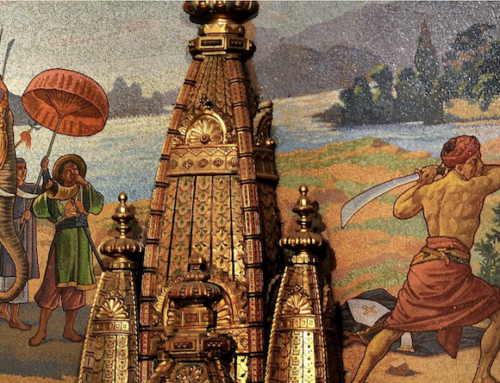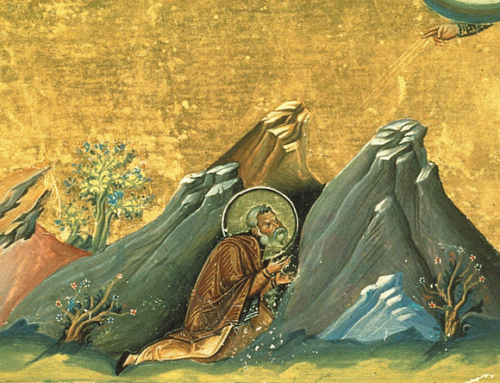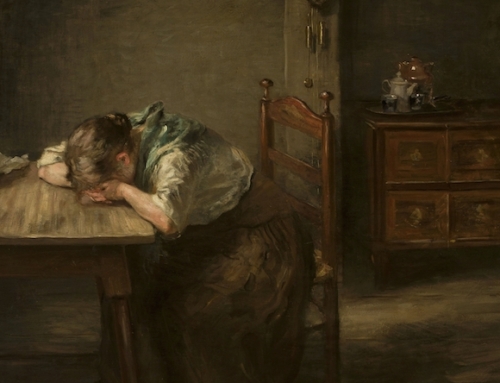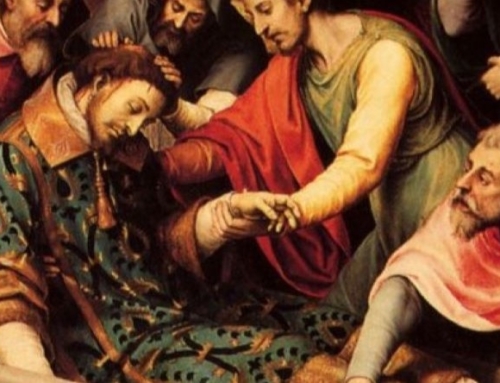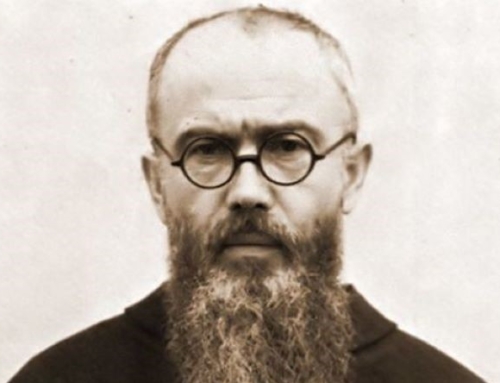Disease and pandemics have always been a part of human life. While this current disease and the unprecedented world-wide shutdown imposes extraordinary hardships, illness is not a new thing. In fact, this infection embodies and manifests our already frail human condition; it is a shocking reminder of the daily reality we inhabit—not a break or contradiction.
But in the beginning, it was not so. Death and disease are the curse of original sin and the inheritance we receive from our first parents. Because our fallen state of sin is the cause of disease, no human work can completely heal it. No advance in medicine, or epidemiology, or public health policy will eliminate pandemics altogether, for our brokenness is too deep and beyond the reach of merely human progress. And so this coronavirus teaches us our frailty anew and reminds us of what has always been true: we walk in the vale of tears under the shadow of death, our lives are like grass that springs up beautiful in the morning but by evening withers and fades (Ps 90:6).
I can see three ways to respond to our desperate and fallen state. We could respond with denial, perhaps imagining that scientific progress will fix everything, and ignore our damoclean fate. We have been choosing this option for far too long, embalming ourselves within a cocoon of entertainment and comfort and suffocating trivialities, dulling the latent pain of our precarious existence. Just look at how many shows there are to binge-watch, the vast scope of meaningless social media content, and see a society desperate to avoid an unavoidable experience of existential fragility.
We could also choose to flee, and refuse to live for fear of death. When the crisis hits, whether it’s a global sickness or a much more personal trial, it shakes us awake from our stupor and forces us to confront our mortality. And then we are tempted to run and hide, and shut everything down in terror.
The third choice is a noble one: confront the brokenness of the world and of ourselves, and in the face of danger and death choose courage and strength and virtue. We cannot fix what is so broken, but we can live well and seek what goodness lies in our power. This kind of noble choice traces itself back to the pagan philosophers, and perhaps a desire for this natural goodness lies behind recent interest in the stoic philosophers, or the similar strength exhibited in Jordan Peterson’s advice to “accept the terrible responsibility of life with eyes wide open” (12 Rules for Life: An Antidote to Chaos, 27). And yet, even this noble choice is not enough. It is not enough, for it leaves us in the clutches of a merciless enemy, and cannot guide us out of the shadow of death.
It can sound harsh to summarize our human condition so bleakly. But only when you appreciate the fragility and brokenness of human life, only when you confront the curse of mortality, can you begin to appreciate the gift that Jesus Christ brings. He came to save us from death. If you’ve been reflecting on death in a time of pandemic, you will know what that means in a deeper way than you did before. He saved us from death. He saved us from disease. He saved us from this.
Marvelously, and in a way only God could imagine, he saved us not by destroying the fact of death, but by emptying death of its power. For the Christian, life is changed not ended: “We were buried with him by baptism into death, so that as Christ was raised from the dead by the glory of the Father, we too might walk in newness of life. For if we have been united with him in a death like his, we shall certainly be united with him in a resurrection like his” (Rom 6:4-5).
And here we find a better choice, which is not so much a choice as a gift. Enlivened by the grace of God poured forth from the pierced heart of Christ, living in these last days and knowing that this world and its vanities are passing away, we can mock death: “Death is swallowed up in victory. O death, where is your victory? O death, where is your sting?” (1 Cor 15:55) Yes, it is true that each one of us will die, and disease brings that truth closer than ever. But there is nothing of value that death can truly and permanently take from you, for by your baptism “you have died, and your life is hidden with Christ in God. When Christ your life appears, then you also will appear with him in glory” (Col 3:3).
Life is like this, and has always been like this, but we have a life that is beyond this life. For death and life have contended in that combat stupendous; the Prince of Life who died reigns immortal.
✠
Image: Pedro de Mena, Mater Dolorosa

